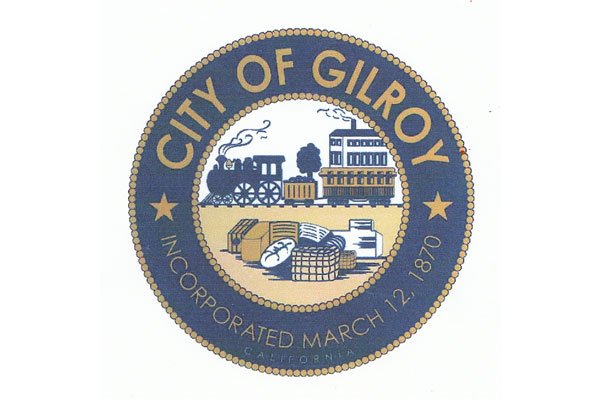Clapping may be as easy as putting one’s hands together, but
it’s not as innocent as it seems.
Clapping may be as easy as putting one’s hands together, but it’s not as innocent as it seems.
It’s against courtroom decorum, has prompted some schools to ask their students to raise their hands and wiggle their fingers in silent support and created a stir at an Oct. 4 Gilroy City Council study session on the high-speed rail.
As 12 individuals took the stand against the policies of the California High-Speed Rail Authority, the public clapped feverishly.
“Refrain from clapping because when it comes time for booing we don’t want any booing,” said Mayor Al Pinheiro, lightly tapping his gavel.
But soon enough, another speaker got the crowd clapping against the proposed $45-billion, 800-mile bullet train system slated to begin full operation in 2020 with a major stop in Gilroy.
The Council meeting concluded with an agenda item to look at approving a “vote of no confidence,” to show Gilroy does not agree with the HSRA. It was a widely-favored conclusion – judging by the public’s applause.
Councilmembers say the “vote of no confidence” motion did not arise from public discontent at the meeting, and Councilwoman Cat Tucker said she brought the subject up previously. But Judy Koriansky, a New York clinical psychologist, said clapping can sway a vote.
“Public responses at a public forum are often not a real barometer of the general public’s sentiment as they are not a scientifically representative sample of all people’s opinions,” she said. “Policymakers and the public can be too easily swayed by others clapping, and (can be) given a false impression of general approval.”
Some would argue clapping is a fundamental freedom of expression, so why should anyone be stopped from clapping at a meeting?
Some in the Council say clapping can disrupt and extend the session while actually limiting expression. They also say clapping can easily lead to booing, and may intimidate some from speaking.
Yvonne Sheets-Saucedo, who usually attends meetings concerning the high-speed rail, said clapping gives the Council valuable information about what their constituents want.
“(Clapping) can be a useful barometer for elected officials to get a read on issues,” she said. “Most people are not comfortable making public comments, so clapping or booing allows them to express basic support or opposition.”
Although clapping can be gauge for public opinion, Koriansky warns its readings may be wrong.
“There may be dissenters who need to be heard, and aside from real protesters, the public is sometimes intimidated or hesitant to boo publicly, giving policymakers the wrong impression,” she said. “People ‘follow the leader’ and copy others’ attitudes and behavior even if they really don’t agree.”
Councilman Dion Bracco, whose anti-HSRA sentiments got plenty of applause at the session, said clapping may actually hold back freedom of expression for others.
“You run a real risk, because what if someone disagrees? (The public) may be afraid to go talk because they might be booed,” he said. “Most people have a hard time getting up in front of us anyway.”
Councilman and lawyer Perry Woodward mentioned clapping is frowned upon in courtrooms, and believes the City Council plays a similar role to a judge or jury.
“I don’t think it’s consistent with decorum. If you clap or boo in a courtroom, your freedom of expression argument won’t get you very far,” Woodward said.
Bracco said clapping may limit the time allotted for public comments at a meeting.
“It’s up to the mayor, but when you have 25 to 30 speakers, if you have clapping after every one, you’re going to have an hour after each meeting,” he said. “Other people won’t have time to speak.”
The Oct. 4 City Council meeting ran for four hours and ended at 10:30 p.m.
Bracco goes further in saying he would want clapping restricted or to allocate a time for it toward the end of the session.
“If you allow clapping you have to allow booing,” he said, “and I would feel really bad if (a public speaker) got booed.”
Pinheiro said he wouldn’t consider banning clapping at City Council meetings, and judges the issue on a case-by-case basis.
“We’re going to stick with the approach that we have,” he said. “I’m the guy who’s in charge of the meeting and I’m going to carry on the meeting the way I do it best. Sometimes I let people go a little bit longer when speaking, because their subject is delicate.”
Pinheiro said he’s never gotten a complaint about the way he handles clapping at meetings.
“We’ve been doing this for as long as I’ve been mayor and I’ve never had anyone tell me I don’t allow them to clap.”















